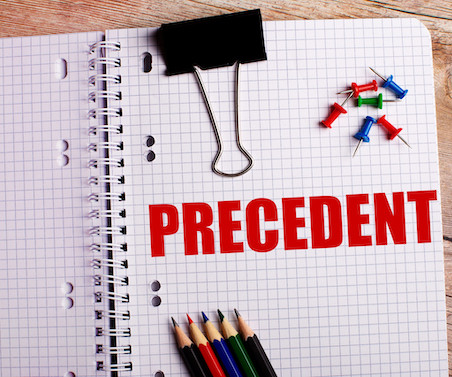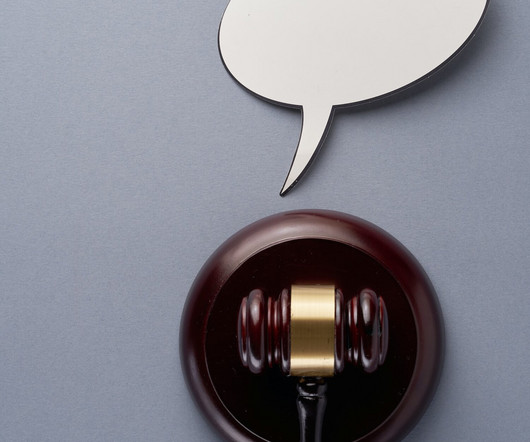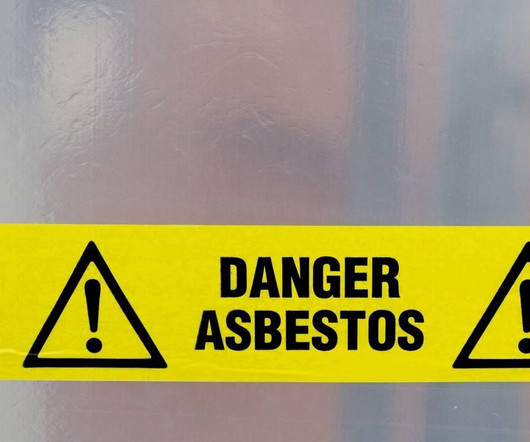Vidal Amicus Asks CAFC to Correct ED of TX Jury Instructions on Eligibility
IP Watchdog
FEBRUARY 13, 2025
Court of Appeals for the Federal Circuit (CAFC) of a district court decision upholding a jury verdict that Ollnova Technologies patent claims were not ineligible at step two of the Alice-Mayo patent eligibility framework. Former U.S.


























Let's personalize your content